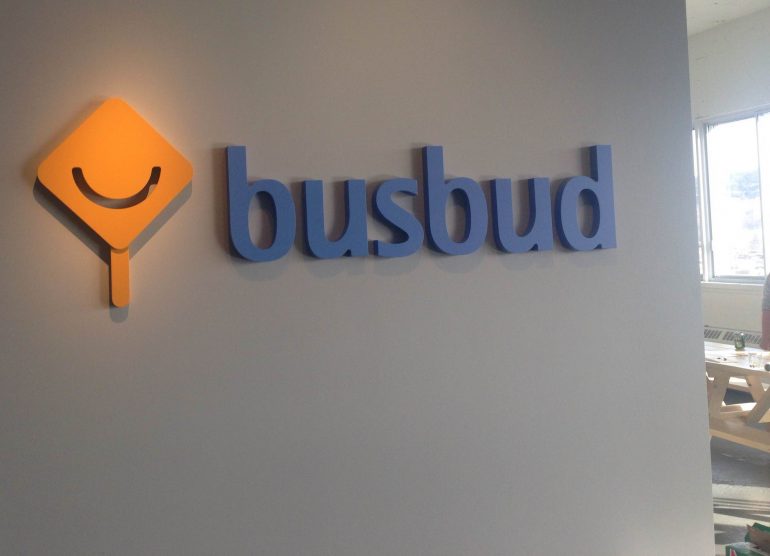Montreal’s Busbud has been experiencing a wild ride since soft launched in late 2011.
During one of our earliest conversations with founder Louis-Philippe Maurice, he stated the idea for the bus ticket buying platform was spawned by a decision to go on a six-month backpacking trip in South America, a trip that ended up featuring over 50 bus trips. “Going through all these buses, I realized that the customer experience could be a lot better. A lot of other folks were buying plane tickets on Kayak and Expedia and sites like these and there was nothing comparable for bus tickets,” Maurice said in an interview. “So I really kind of wished I had a site to book bus tickets from one city to another, one central place instead of going to a bus station and waiting and talking to staff at the station that don’t speak the same language.”
Now, three years later the company has significantly grown to become a Canadian success story. Employing over 30 people, currently active in 90 countries and 10,000 cities, Busbud recently received $9 million in financing led by Omers Ventures, Revolution Ventures, iNovia Capital and Real Ventures.
One might be thinking why does Busbud deserve an injection of $9 million? Well, OMERS took to its company blog to give a few reasons as to the decision and why they are putting value into the company.

OMERS says the current model in the busing industry is operating on “archaic systems” with “tens of thousands of smaller service providers” that basically don’t talk with each other. “We believe Busbud has a tremendous opportunity to be the dominant intercity bus ticket marketplace through its free app connecting bus operators with travelers on thousands of routes around the world.”
Busbud has struck partnerships with 1,500 bus companies around the world with a goal at gloing global. Certainly sounds like OMERS sees Busbud becoming the Uber, Lyft, or Halo of the bus industry. Currently the model for Busbud to scale its revenue is unknown, but some possibilities might be seeking advertising revenue from its bus parters, or receiving a percentage of the ticket transactions.


